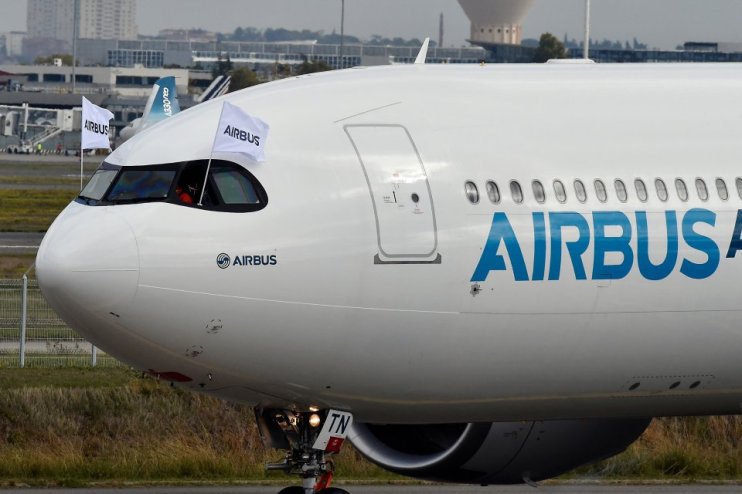Airbus set to agree £3bn fine tomorrow to settle corruption probe

European plane maker Airbus’s £3bn plea deal with prosecutors is expected to be approved in court tomorrow, settling a long running corruption probe.
The deferred prosecution agreement (DPA) between the Serious Fraud Office (SFO) and Airbus has been agreed in principle and is set to be approved by the President of the Queen’s Bench Division in London tomorrow.
The DPA will be part of a wider settlement with the US Department of Justice and France’s Parquet National Financier.
DPA’s are US-style plea-deals which were introduced in 2014 and allow prosecution of a company to be suspended in exchange for a company agreeing to certain terms, such as paying a fine and agreeing to co-operate with the prosecution of individuals.
The investigation of individual Airbus executives is understood to be ongoing, however, the SFO has failed to successfully prosecute individuals following past DPAs.
Last year the SFO dropped its investigation into individual executives at Rolls Royce after it agreed a £497m DPA with the engine-maker.
Prosecutions of three senior ex-Tesco executives collapsed in 2018 and 2019 because of insufficient evidence following the supermarket’s DPA with the SFO in 2014.
The successful conclusion of the investigation into Airbus is a coup for its director Lisa Osofsky who was criticised this year after dropping a major investigation into Glaxosmithkline and failing to pursue individuals in connection to Rolls Royce.
Barry Vitou, London head of white collar crime at law firm Greenberg Traurig, said: “It’s significant because it’s a three-way investigation by regulators in three countries and importantly a co-ordinated resolution.
“I think it’s a feather in the cap for each of the three countries.”
DPAs are not universally loved, with some arguing they allow corporations to evade proper accountability for wrongdoing.
Daniel Bruce, chief executive of Transparency International UK, said: “We must ensure deferred prosecution agreements are not seen as an ‘easy way out’ for companies that can afford to pay.”